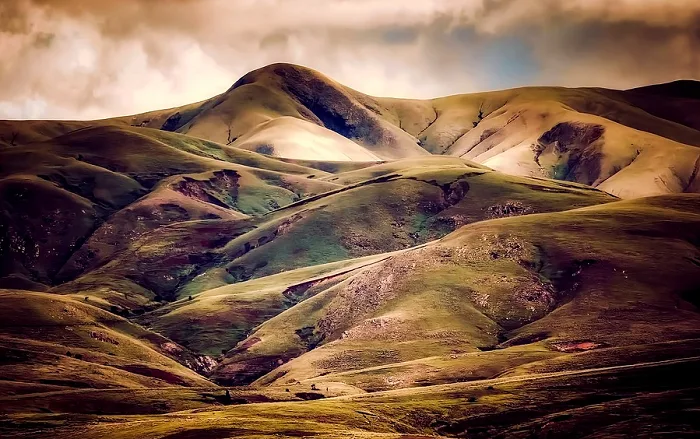
Iceland's tourism boom sparks environmental concerns
Tourism is a huge part of Iceland's economy, but it could have an environmental cost.
Iceland is in the midst of a tourism boom, with the total number of foreign visitors increasing 24.1 per cent between 2016 and 2017, according to the Icelandic Tourism Board.
But Iceland is a remote nation, and that means visitors must travel there by plane or cruise ship, which increases pollution in a country that's already vulnerable to climate change.
Earlier this month, three activists unveiled a plaque memorializing the loss of Okjökull, an Icelandic glacier that melted away, as well as hundreds of other Icelandic glaciers that are at risk of the same fate.
In a statement, Rice University anthropologist Cymene Howe said scientists fear all of Iceland's 400-plus glaciers could be gone by 2200, should current climate trends continue.
BALANCING ACT
During peak season, Iceland's tourism industry employs close to 10 per cent of the nation's total population. Data from the Icelandic Tourism Board suggests the average visitor spends $1,500 in the country, leaving officials with the task of balancing the revenue generated by tourism and the environmental impact.
'OVERTOURISM' ELSEWHERE
Experts are urging for stricter tourist management practices.
In a February paper, experts at the University of Hawaii warned of "overtourism" in the state, arguing that a steadily-rising number of tourists is depleting the state of its natural resources and damaging the environment. Officials have begun implementing countermeasures, such as charging admission fees to previously-free sites and limiting the number of visitors to protected parks.
Venice, Italy, which received 36 million international visitors in 2017 according to CNN, has banned cruise ships and installed turnstiles designed to restrict movement in crowded spaces.
Meanwhile, Amsterdam, Netherlands has stopped advertising itself as a tourist destination abroad in an attempt to cut down on visitors.
Icelandic officials have yet to release a long-term tourism management plan but have begun tackling climate change by increasing carbon taxes by 50 per cent and agreeing to ban new diesel and gasoline cars by 2030.
More trees are slated to be planted to combat emissions that cannot be cut.

